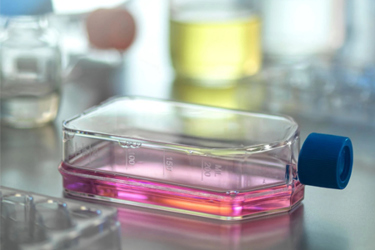The Role Of Peptones In Boosting Monoclonal Antibody Production

The use of peptones—biologically-derived protein hydrolysates—has become a vital strategy in Chinese hamster ovary (CHO) cell bioprocessing to improve monoclonal antibody (mAb) production. Peptones support robust cell growth, increase protein quality, and significantly boost mAb yields across a variety of CHO cell lines. Despite their benefits, peptones present challenges such as lot-to-lot variability, which can affect titer, cell growth, and protein quality, complicating process consistency.
To address these challenges, developers are employing strategic approaches such as identifying key performance drivers and implementing test-and-hold procedures to ensure reliable outcomes. Real-world data further demonstrate peptones’ ability to improve process efficiency and product performance, highlighting their critical role in modern biomanufacturing. Understanding the mechanisms by which peptones enhance CHO cell productivity and developing methods to manage their variability are essential for optimizing processes. By integrating these insights, biomanufacturers can maximize the potential of peptones to drive higher yields, maintain quality, and support stable, efficient mAb production—aligning with industry goals for productivity and process robustness.
Get unlimited access to:
Enter your credentials below to log in. Not yet a member of Cell & Gene? Subscribe today.
